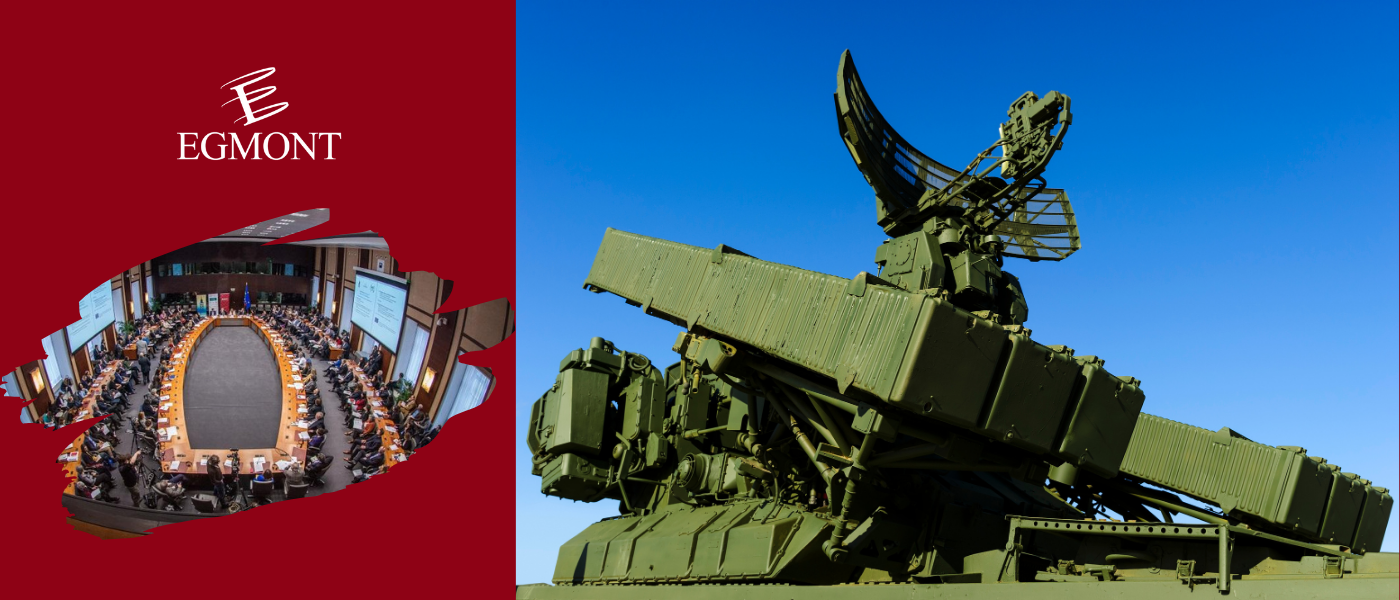10th session of the Deterrence and Arms Control Conversations

Date
28 November 2025
Time
16:30-17:30
Location
Meeting room of the Egmont Institute, Rue des Petits Carmes 24A, B-1000 Brussels
Type of Event
Seminar
Organisation
Egmont Institute
The Egmont Institute is pleased to invite you to the 10th session of the Deterrence and Arms Control Conversations with Dr. Austin Cooper, who is an Assistant Professor of History at Purdue University and a Senior Research Associate in the Center for International Studies at SciencesPo Paris. During Fall 2025, he is the Fulbright NATO Security Studies scholar in Belgium. He previously completed fellowships in the MIT Security Studies Program and Stanford Center for International Security and Cooperation. He earned his PhD from the University of Pennsylvania.
During the 1960s, NATO implemented a strategy of “flexible response,” which demanded graduated escalation options in the European theater. The perceived need for long-range theater nuclear forces (LRTNF) that could strike inside the Soviet Union would lead to the controversial deployment of new US missiles to five allied European host nations by the early 1980s. US LRTNF modernization, however, was only one of several options for the nuclear posture in NATO Europe. The project examines the 1970s as a pivotal decade in Euro-American debates over TNF. It investigates three main questions about NATO’s institutional adaptation to flexible response, competing strategic and tactical requirements for TNF, and the meaning of the transatlantic bargain given three capable nuclear allies. These questions remain pertinent today as changing US attitudes have revitalized debates about European deterrence and defense.
Participants are encouraged to actively engage in the in-person conversation, which will take place under Chatham House Rule.
This is an in-person event.
(Photo credit: Canva teams)